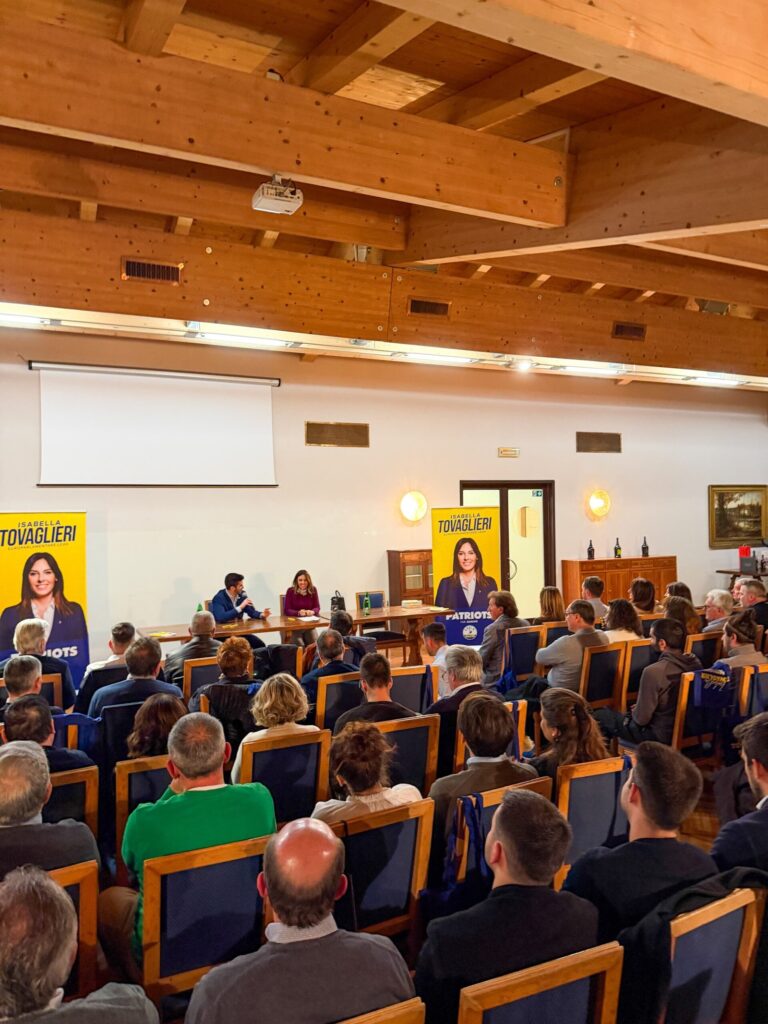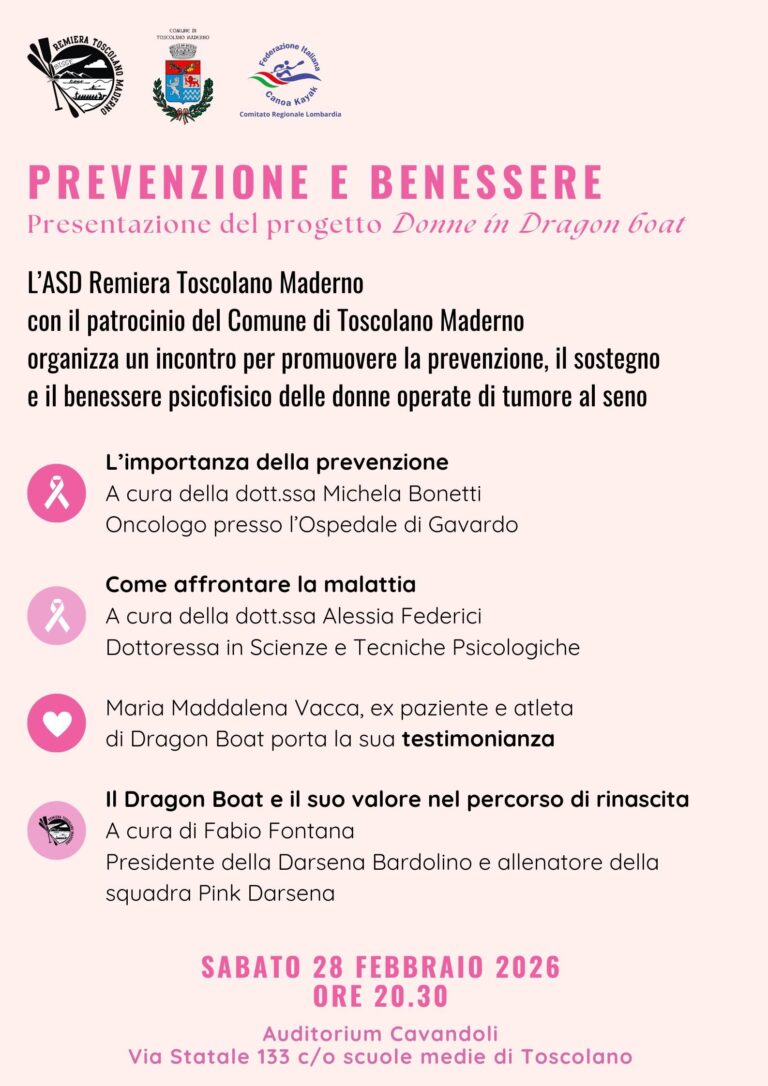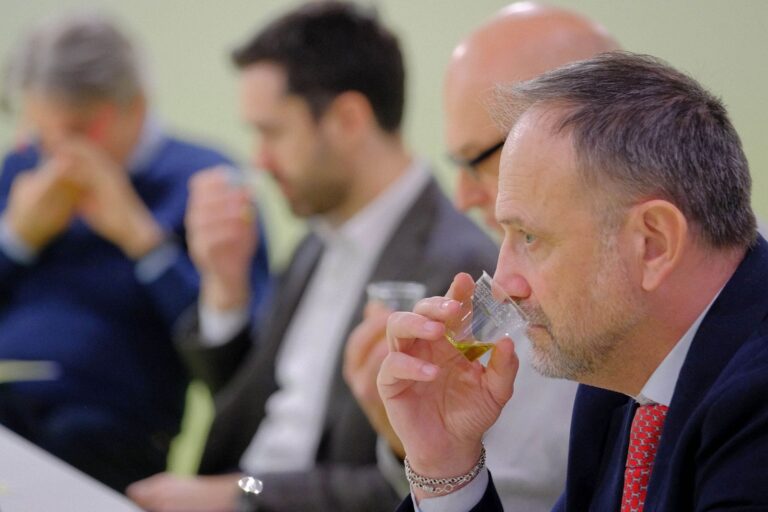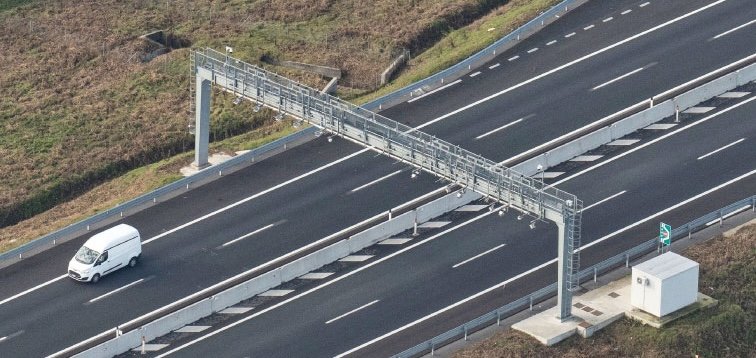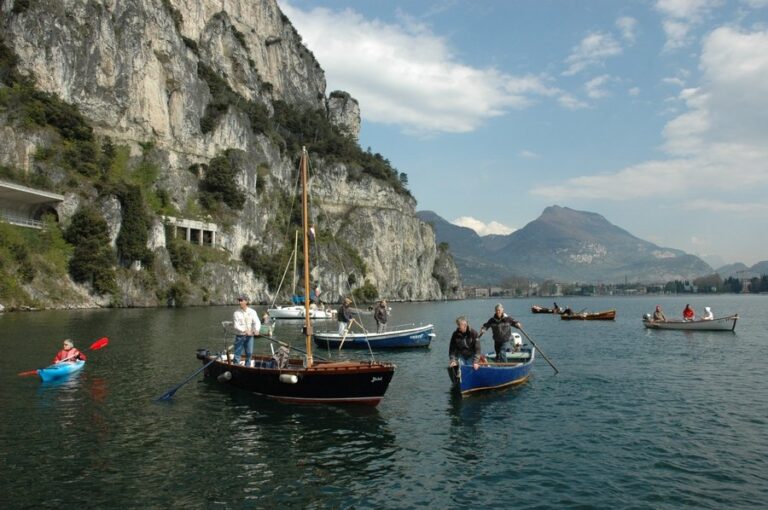Desenzano rediscovers Ulisse Papa: the book on his essays and political speeches presented
This morning, at the Rivoltella library, a new volume edited by Amelia Dusi was presented, titled “Ulisse Papa: Essays and Political Speeches of a Late 19th Century Resident of Desenzano.” The work sheds new light on a central figure in the local history of Desenzano, Ulisse Papa, known for his two-decade political commitment straddling the 19th and 20th centuries. This editorial initiative, promoted by the ‘Carlo Brusa’ Historical Studies Association in anticipation of 2025, aims to enhance the citizens’ understanding of the activities and thoughts of this illustrious parliamentarian, whose legacy is still visible in the urban fabric, as seen in the expansion of the Porto Nuovo. The Profile of Ulisse Papa To Ulisse Papa, Desenzano has already dedicated a square near the former Patria barracks and the bridge of the Porto Vecchio. This tribute recognizes his decisive role in the expansion of the Porto Nuovo, a project for which he managed to secure both the necessary permits and funding. The goal was to improve the space designated to accommodate and protect steamships and commercial vessels from storms. Despite his local notoriety, few are aware of his deep commitment in the national parliament. Papa operated during a time of significant political instability, characterized by short legislative terms and frequent changes in government. In this challenging context, he distinguished himself through his scrupulousness and respect, always maintaining composure and propriety. It is agreed by all that he did not gain any wealth from his political activity, but rather faced disappointment and disillusionment. However, the people of Desenzano recognized his fundamental honesty and the efforts he made for his hometown. A Commitment to Desenzano and Politics The volume highlights the reflections of the Desenzano deputy, his concerns for his native land, and the political positions he adopted at various times. He is portrayed as an independent and free individual, with a selfless character and a modest lifestyle. Like his father, Pietro Paolo (a medical officer in the Duchy of Parma), Papa always worked for the good of Desenzano, the Brescia area, and his own dignity. Unlike other contemporaries, such as Carlo Gorio or Ugo Da Como, who withdrew from the political scene after facing criticism, Ulisse Papa did not allow himself to be intimidated by adversaries. He did not view stepping back as a defeat, continuing to tackle national and local issues, even as a member of the Desenzano City Council. His political career included electoral defeats, such as the runoff in June 1900 against Count Gaetano Bonoris and the election in the Lonato constituency in November 1904 against Ugo Da Como, after which he withdrew from future competitions. The Structure and Content of the Book The editor of the volume has selected texts with the aim of tracing Ulisse Papa’s political journey, illustrating how he understood public service and the moral principles he learned at the ‘Girolamo Bagatta’ high school. The book documents his frankness in Parliament, regularly stenographed during his speeches in the Chamber among friends and opponents. The choice of texts was based on clear reference points: Desenzano, the political climate of the time, and the evolution of Papa’s thought. The writings, which have gained historical document status over time, are transcribed in full and divided into sequences to facilitate smooth reading. Among the essays and writings included are the letter to lawyer Giuseppe Zanardelli, Minister of Public Works (1877); “The Magnificent Homeland of Benaco: Its Regulations and Statutes” (1889); the “Report of the Commission” on maritime works (1888); “Architect Giulio Todeschini from Brescia” (1900); and the “Memoir on the Restoration Works of the Church of Santa Maria Maddalena” (1902). Also included are writings such as “The Country and the New Elections” (Rome, 1882), the piece for the twentieth anniversary of the Desenzano Workers’ Society (1882), and “The Conservative Radical Party in Italy” (Turin 1898). Italian Version


